FAQs
What is Freediving?
Freediving is the practice of holding your breath when diving underwater without the use of breathing equipment, such as a scuba tank. Freediving is a way of life for some, a competitive sport for others, and a hobby for many. Freediving falls into 3 main categories which are-
Recreational Freediving
Recreational freediving is freediving for leisure, such as on vacation or training (non-competitively) with a certified buddy. People freedive recreationally for many reasons: to challenge themselves physically and mentally, to take beautiful underwater photos, to improve their mental health, to explore the underwater world, or to improve their fitness. The reasons are endless. But most freedivers will mention the feeling of peace and calm they have when they dive, and how they use it as a form of meditation and feeling connected to their surroundings.
Applied Freediving
Applied freediving is freediving with a purpose, such as spearfishing, hunting for seafood, various underwater sports, or performing scientific research. Freediving can be a part of daily life for some people, like the female “Ama” divers in Japan that collect pearls and seafood, or the Bajau tribes of Indonesia, Malaysia, and the Philippines, who live at the sea and spearfish. Freediving encompasses their existence and is part of their way of life.
Competitive Freediving
Competitive freedivers are athletes who dedicate their training to participate in competitions. There are lifestyle sport freedivers who join competitions to challenge themselves and improve their skills, and professional sport freedivers who compete to break national and world records. All competitive freedivers use advanced techniques and train rigorously in and out of the water with a level of total commitment as a freediving athlete. Their physical, in-water training is often supplemented with other types of cross-training, mental training, diet, and rest. The physical limits of the human body are still unknown as freedivers continue to dive deeper and longer, with seemingly no end to their limits in sight.
Who Can Freedive?
Freediving is accessible to anyone with a reasonable level of health and fitness and the ability to swim unassisted. You don’t need to be an Olympic swimmer to learn. If you are not sure if you are able to participate, consult with a medical professional before signing up for a freediving course.
What If I Can’t Hold My Breath for a Long Time, Does That Mean I Can’t Freedive?
This is one of the most common misconceptions about freediving. With proper training you will learn breath-hold techniques that will likely result in you being pleasantly surprised by how long you can hold your breath.
Is Freediving safe?
Freediving is a very safe sport when diving well within your limits, which is one of the main foundations Freediving CI implement. Safety is imperative, and a big part of our courses is learning how to use correct techniques, diving with a buddy, perform rescue procedures, and prevent potential injuries. With proper knowledge and training, freediving is a very safe activity. To make it safer and more comfortable, you will learn about specific freedive approaches, the best gear to use, the physiology of freediving and our bodies, and how to train and progress. Your instructors will ensure you have the foundations at every level before you progress to ensure safety throughout every dive.
Do I need my own gear?
All our courses, tours and coaching sessions include gear hire free of charge. Our hire gear is all high quality freediving equipment. You are welcome to use your own equipment if you prefer.
How do I get to Christmas Island?
Virgin Australia fly to Christmas Island twice per week (Tuesdays & Fridays) from Perth, Western Australia.
As with any overseas travel we strongly recommend that ALL travellers purchase a travel insurance policy that covers travel to the Indian Ocean Territories. Please ensure that your policy covers weather related flight disruptions.
Please note a passport is not required to travel to Christmas Island via flights from Australia mainland ( Australian Passport holders only). It is preferred, though not essential.
Car hire is highly recommended to be booked well in advance when visiting Christmas Island, as no public transport is available.
What accommodation options are there on the Island?
You will find plenty of options to suit all budgets on the Christmas Island Visitor centre website.
https://www.christmas.net.au/plan-your-trip/all-accommodation/
Are there flight and accommodation packages to Christmas Island?
Yes, there are 2 travel agents that offer flight and accommodation packages to Christmas Island.
Indian Ocean Experiences https://www.indianoceanexperiences.com.au/packages/
BKB Holidays - https://bkbholidays.com/destinations/christmas-island/
